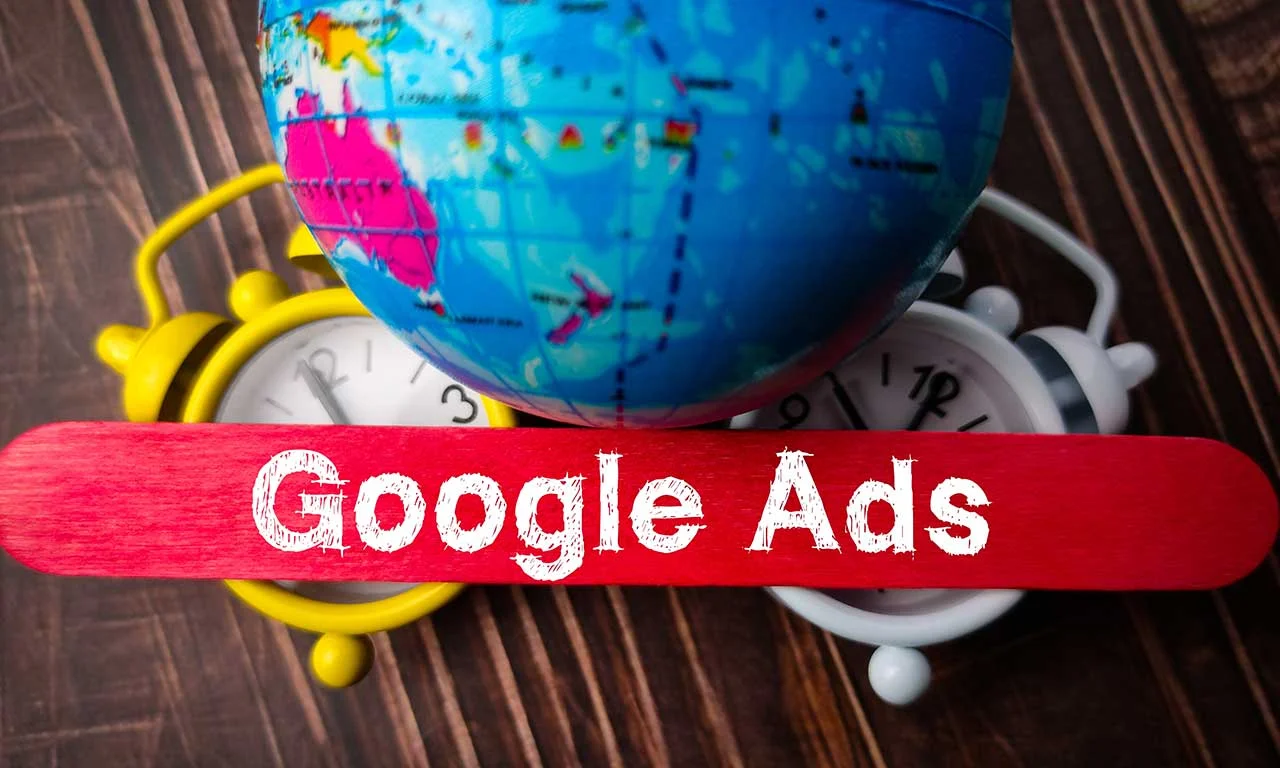Google Ads, which was formerly known as Google AdWords, is one of the most widely used as well as successful digital advertising platforms that are currently accessible. However, like any advertising campaign, it requires careful budgeting to ensure that you get the most out of your investment. If you’re struggling to implement these tips and tricks, consider hiring a reputable PPC agency to help you maximize your Google Ads budget and achieve your business goals.
Set Clear Goals And Objectives
Before starting any Google Ads campaign, it is essential to set clear goals and objectives. This will help you determine your budget, target audience, and the type of ad you want to create. The most common goals for Google Ads campaigns are:
- Increasing website traffic
- Generating leads
- Boosting sales or revenue
- Improving brand awareness
Your goal will determine the type of ad you create, the budget you allocate, and the metrics you use to measure success. Make certain that your objectives are well-defined, quantifiable, and within your reach. This will help you stay on track and make adjustments as needed to meet your goals.
Use Targeted Keywords
Keywords are the backbone of Google Ads campaigns. Choosing the right keywords is crucial to the success of your campaign. You want to choose keywords that are relevant to your business, have high search volume, and have low competition.
Google’s Keyword Planner tool will help you find new keywords, estimate their search volume, and provide you with bid suggestions. It is also a good idea to use long-tail keywords, which are more specific and have less competition. Long-tail keywords can help you reach a more targeted audience and increase the likelihood of conversions.
Optimize Ad Copy
Your ad copy is what persuades people to click on your ad and visit your website. It is essential to make your ad copy clear, concise, and persuasive. You want to highlight the benefits of your product or service and make sure that your call-to-action is prominent and compelling.
To optimize your ad copy, try A/B testing different versions of your ad. This will help you determine which version is more effective at driving conversions.
Use Ad Extensions
Ad extensions are supplemental pieces of information that can be displayed beneath your advertisement. They can help improve the performance of your ad by providing more information to potential customers. Ad extensions include:
- Site links: additional links to specific pages on your website
- Callouts: short phrases that highlight unique selling points
- Location extensions: show your business address and phone number
- Call extensions: allow people to call your business directly from the ad
Using ad extensions can help your ad stand out from the competition and provide potential customers with more information about your business.
Target Specific Audiences
Google Ads allows you to target specific audiences based on their demographics, interests, and behaviors. You will have an easier time contacting people who are more likely to be interested in the product or service you offer as a result of doing this. To target specific audiences, you can use:
- Demographic targeting: age, gender, income, etc.
- Interest targeting: people interested in specific topics or products
- Behavior targeting: people who have performed certain actions online
Targeting specific audiences can help you increase the relevance of your ads and improve the likelihood of conversions.
Monitor And Adjust Your Campaigns
Once your Google Ads campaign is up and running, it is essential to monitor its performance regularly. This will help you identify what is working and what is not, and make adjustments as needed to improve the performance of your campaign.
- Click-through rate (CTR): the percentage of people who click on your ad after seeing it
- Cost-per-click (CPC): the amount you pay for each click on your ad
- Conversion rate: the percentage of people who complete a desired action after clicking on your ad
Cost-Per-Conversion: The Amount You Pay For Each Conversion
By monitoring these metrics, you can identify areas where your campaign may be underperforming and make adjustments to improve its effectiveness. If your conversion rate is low, you may need to improve your website’s landing page or simplify your conversion process.
Use Ad Scheduling
This can help you reach your target audience when they are most likely to be online and interested in your product or service. By scheduling your ads to appear at specific times of the day or days of the week, you can maximize the effectiveness of your campaign and avoid wasting your budget on times when your target audience is unlikely to be online.
Test, Test, Test
Finally, it is important to continually test different aspects of your Google Ads campaign to improve its effectiveness. This includes testing different ad copy, targeting options, bidding strategies, and ad formats. By continually testing and refining your campaign, you can identify what works best for your business and maximize the return on your investment.


















